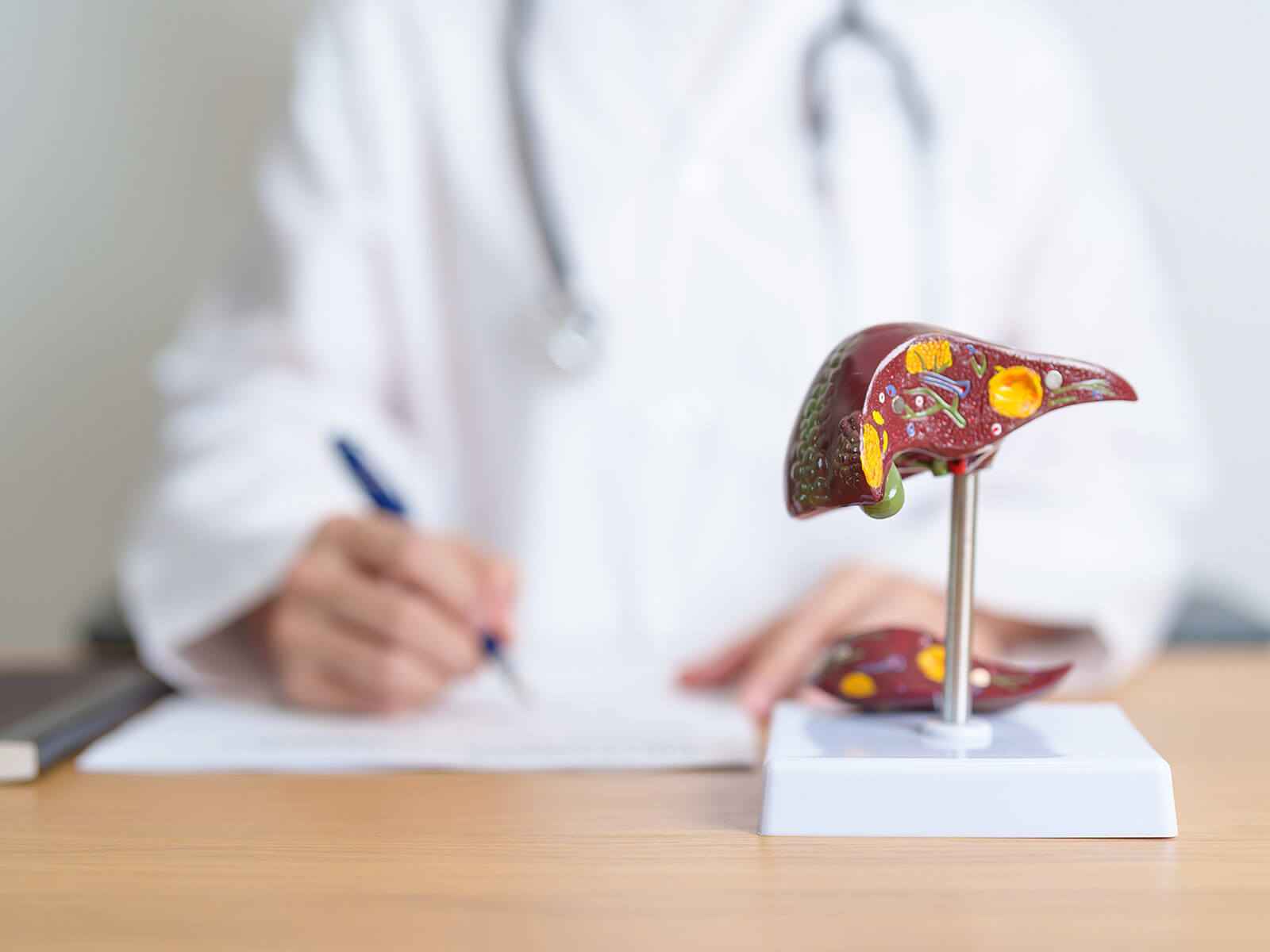
Cardiac cirrhosis is liver damage that occurs as a result of the failure of the heart to pump the blood as it would. The result of this bad heart work is that one will lead to stagnation of blood in liver. This force will eventually cause scarring of the liver. In layman terms, cardiac cirrhosis is the destruction of the liver due to long-term heart diseases. Suppose, you have been inquiring, what is cardiac cirrhosis, here is a grand opportunity of learning what is the go with you.
Initially cardiac cirrhosis can be asymptomatic. As the disorder progresses, he/she may notice:
Long term complications on the right heart are likely to cause the development of this disorder. Other causes may include:
We aim to provide the heart and liver health as an intermediate between the patient centered and multi-disciplinary care at the GastroDoxs in Jersey Village. To ensure that you receive a long-term relief, and will not suffer any additional damage to the liver, our professionals work together to develop a specific treatment plan which will combine medical treatment, lifestyle education, as well as constant monitoring with cardiac cirrhosis-combining medical treatment. It is not the moment to have control in your health.
Book your appointment and hand over to our team of professionals to have you on a path towards a healthier heart and liver.
We've successfully treated more than 1.5K patients, helping individuals improve their digestive health and overall well-being through expert, personalized care.
With over 20 years of experience, GastroDoxs has been a trusted provider of gastroenterology care, focusing on delivering the best outcomes for patients
The chronic cirrhosis of the liver is the heart failure. Part of the damage that was caused to the liver can be either slowed down or reversed in the event that it was detected at an early stage and the work of the heart was made better.
The typical symptoms are water retention in legs or belly due to the accumulation of fluid, frequent fatigue, slight jaundice (yellowing of the skin or the eyes). Learn the contact number of your doctor in case you experience any such symptoms.
Long-term right-sided heart failure, pulmonary hypertension, or persistent valve disease or untreated congenital heart defects (both of which block blood flow and raise hepatic pressure) are the major causes of cardiac cirrhosis.
A lot of caution is to be taken during acetaminophen intake even in minimal doses but, prior to administering acetaminophen, you have to consult your doctor who will guide you on the amount of acetaminophen to consume and the possible harm it may do.
It should preoperative test and normalize the liver health and verify the health of the heart. Your gastroenterologist will also consult your cardiologist in order to see that the two organs are supported when you are having surgery.
It is possible to even observe enlargement of liver, centrilobular (liver) and fibrosis (scarring) and enlargement of heart in the autopsy due to the long-term presence of increased pressure in vessels in liver.
Yes. Diabetes would help in ensuring that the fluid balance is upheld, aggravates the heart rhythm disorders and exposes the liver to additional load, which may result in an additional development of cirrhosis.
The management is determined by tight glycemic control, purposeful cardiac drugs, diuretics to overcome fluid retention effect and frequent electro-cardiographic and hemodynamic evaluation.
Yes. The fact that the amount of iron is excessive is due to hemochromatosis that may even worsen the condition of the liver and the heart. Phlebotomy therapy or chelation one could also be suggested in order to lower the amount of iron.
The Jersey village GastroDoxs gastroenterologists and cardiologists are multidisciplinary and they specialize in treating liver and heart diseases, including cardiac cirrhosis.